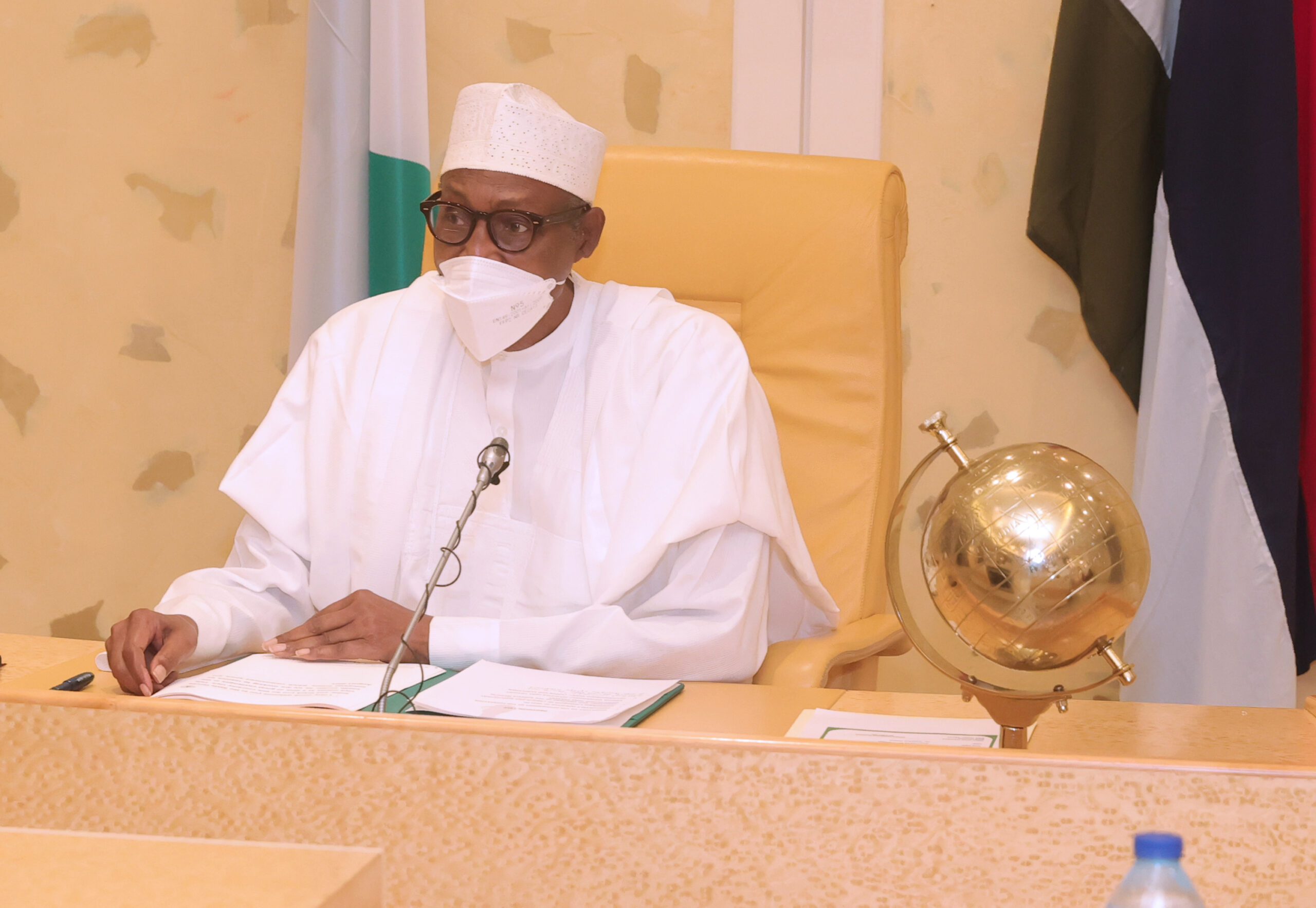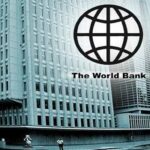Last Wednesday, Nigerians woke up to Act Two, Scene One of the long running fuel subsidy drama in the country’s governance. From June 2022, the federal government declared, it would replace subsidies on fuel with a transport subsidy for up to 40 million Nigerian families for a period of between six to 12 months, during which petrol at the pump will be selling for as much as N340.
The government has justified this proposal on grounds that it is already enshrined in the recently enacted Petroleum Industry Act (PIA) due to take effect in June next year, but also the huge costs of fuel subsidy—now at N243bn per month, and some N864 billion naira ($2.1 billion) in the first nine months of 2021—is not sustainable and must be ditched.
Failure to end the subsidy regime, the government warned, will see the cost to the public purse rise to N3tr ($7bn) a year and to the point where the state-oil company, the NNPC, will have nothing to remit to the government after subsidy payments. Echoing this, the governor of Kaduna State, Malam Nasir El-Rufai said during the launch of the World Bank report that the governors support the plan because, according to him, if the regime of fuel subsidy was not eliminated, 35 out of the 36 states of the federation may not be able to pay salaries next year.
Many Nigerians have resigned themselves to the inevitability of fuel subsidy removal even long before the Petroleum Industry Bill became law. But that it will result in a staggering hike of 200% in the pump price of petrol is the perfect scenario for hyper-inflation and unimaginable increase in the price of goods and services at a time when millions of Nigerians are already groaning under food inflation rate that has remained higher than 20% for months now.
How much hardship must Nigerians bear for government’s incompetence in the overall management of the fuel subsidies? The costs of food items, gas, firewood and charcoal, as well many sundry items that the average Nigerian family needs to keep life afloat are already high enough, sinking millions deeper into poverty in the midst of plenty. Yet, the government points accusing fingers at the same Nigerians for gobbling up its revenues in the form of fuel subsidies. The government does not consider the astronomical—indeed nearly criminal—sums it spends on itself as “recurrent expenditure”, year after year.
For example, even without the fuel subsidies being included in the 2022 budget, the government has proposed to spend N6.83 trillion as recurrent expenditure, that is, wages and administrative cost of government alone. That is 41.7% of the total budget of N16.39 trillion, and 18.5% higher than in the 2021 Budget. Capital expenditure of N5.35 trillion, or 32.7% of total the budget, and debt servicing will take up the rest.
In other words, the government will be spending more money on itself during the same fiscal year that it is asking Nigerians to tighten their belts for subsidy removal. We think, therefore, that rather than slam the whole subsidy bill on Nigerians, the government could look to other sources to at least ‘share’ the bill with already pauperized ordinary Nigerians. If the government could reduce the recurrent expenditure in next year’s budget even by 10%, and this is possible given the wanton leakages and waste that many analysts have identified in the breakdown of the 2022 budget, the government could free up nearly N700 billion for subsidy payments, thereby reducing the amounts Nigerians will pay for fuel from June onwards.
This brings us to the proposed N5000 monthly transport subsidy to 40 million families who are in the bottom 40% of the population as the finance minister puts it. The scandal in this proposal, if the government needs to be told, is not just the pittance that the amount (N5000) represents per household per month, but the very fact that 40 million Nigerian families need such dismal support in the first place. Given the average size of a Nigerian family, even 20 million families number around 80 million Nigerians.
If the government needs to support even up to 20 million families with as little as N5000 monthly to get by, then it needs no further evidence from anyone that its economic policies are not working well enough to lift Nigerians out of poverty, no matter what the fanciful growth numbers say. Moreover, how does the government hope to implement the plan? Given the allegations of corruption that have trailed the N-power, Covid-19 palliatives and other previous cash transfers by this government, there is little hope that the transport subsidies will reach the poorest among us, even if the government manages to identify them properly in the first place. And that means that poorer Nigerians will be paying for the fuel subsidy bill twice.
We note further, with considerable concern, that this proposal is in fact the brainchild of IMF/World Bank in Nigeria, even if the government has claimed it as its own original initiative. Only two weeks ago, the IMF released a report advising the Nigerian government to remove subsidy. And last week, the World Bank followed suit with a similar report. It is precisely for these kinds of ideological and policy interference in Nigerian affairs that many have advised the Nigerian government to evolve the will to do without IMF/World Bank loans.
But this time it is worse, and this is so because precisely at the same time that the IMF and the World Bank are advising the Nigerian government to sink millions of Nigerians deeper into poverty by removing petroleum subsidy, European and American citizens are in fact sitting on several different subsidies and cash handouts from their governments to help cushion the crushing effects of the pandemic. We wonder why Nigerians must be asked to experience different. We wonder, above all, why the Nigerian government does not rely as much on local economists to help design homegrown solutions to local problems.
We, therefore, join Nigerian labour unions, students, and millions of ordinary Nigerians in saying no to further hikes in petroleum prices under any guise. If there is need for Nigeria to tighten its fiscal belt, the government must first lead by example.

 Join Daily Trust WhatsApp Community For Quick Access To News and Happenings Around You.
Join Daily Trust WhatsApp Community For Quick Access To News and Happenings Around You.


